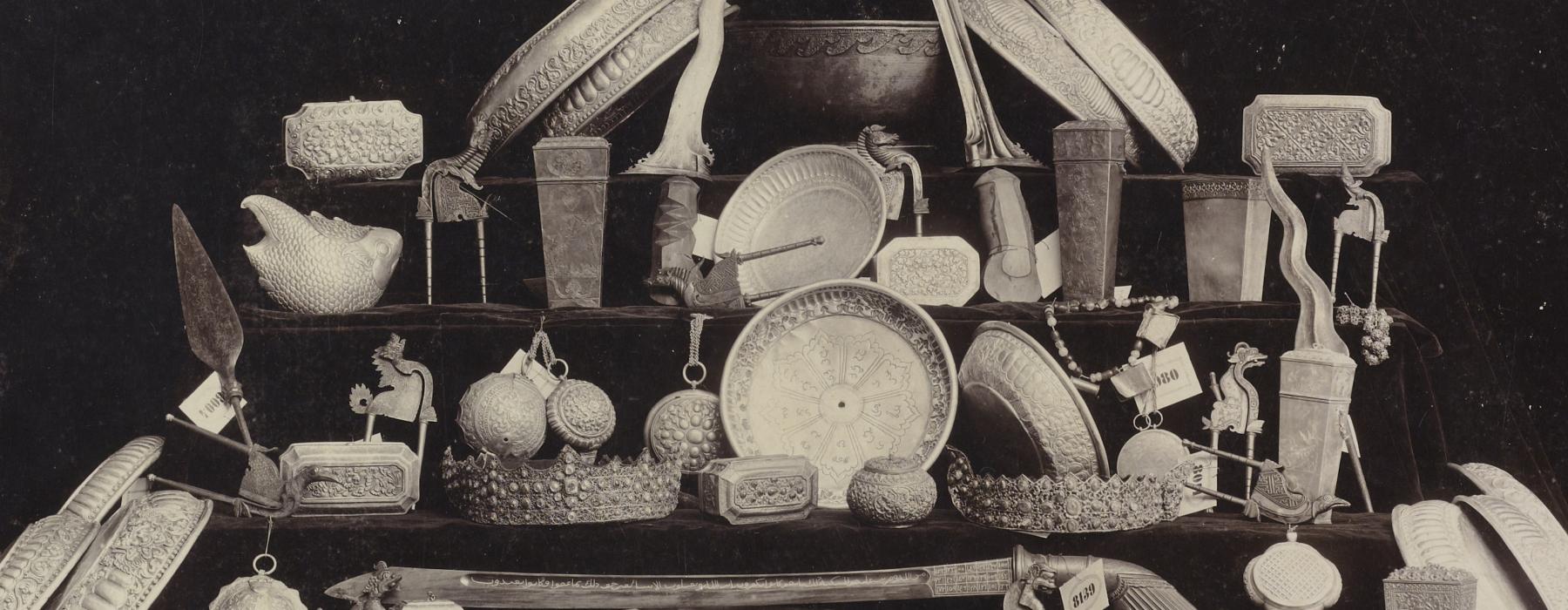Chair: Dr. Chiara De Cesari, University of Amsterdam
Dr. Mille Gabriel, National Museum of Denmark
Mille Gabriel holds a PhD degree in Anthropology (2011) and a MA degree in Prehistoric Archaeology (2002) from the University of Copenhagen. Her current academic interests include collecting strategies, museum ethics, repatriation partnerships and community involvement. Since 2006 she has worked at the National Museum of Denmark, where she is now curator responsible for the North and South American collections at the Department of Ethnography. She is the secretary of ICOM Denmark and was in 2011 appointed member of the special committee of the Danish National Commission of UNESCO.
Louise Sebro, National Museum of Denmark (video)
Louise Sebro is a historian and senior researcher at the National Museum of Denmark. She has worked and published on identity, ethnicity, religious transformations, and social navigation in colonial settings such as the Danish West Indies, South India and Denmark. She is part of the curatorial team that created the exhibition ’Voices from the Colonies’ which opened in October in the National Museum.
Heike Hartmann, Deutsches Historisches Museum (video)
Heike Hartmann is a museum curator. Recently, she conceptualized and curated the exhibition German colonialism. Fragments past and present (2016/17) at the German Historical Museum, Berlin. Her curatorial work and publications deal with questions of colonial history and postcolonial memory, history of photography and visual culture, history of sciences and museum studies. As a curator, she has been involved in the exhibitions, Bilder verkehren (2005) on picture postcards in the visual culture of German colonialism, Imaginäre Reisen/Imaginary Journeys (2007) on the German author Karl May, Solidaritäten über Grenzen/ Solidarities beyond borders on campaigning against apartheid in East and West Germany (2011), and an exhibition on the German ‚explorer’ Ludwig Leichhardt and German-Australian (post)colonial entanglements (2013).
Dr. Larissa Förster, Humboldt University (video)
Larissa Förster is a post-doctoral researcher at the Centre for Anthropological Research on Museums and Heritage, Humboldt-Universität zu Berlin. Her main area of research is the history, memory and legacy of German colonialism (in particular in Namibia), with a particular focus on the nexus between colonialism and the formation of (ethnographic) museums and collections in Germany. Her current research is on the history of science and anthropological collections, on the return of human remains from European museum collections to their countries/communities of origin (in particular to Namibia and Australia) and on provenance research in collections of colonial origin (see the conference “Provenienzforschung in ethnologischen Sammlungen der Kolonialzeit”, München, 7./8.4.2017). Larissa Förster is speaker of the Working Group on Museums of the German Anthropological Association and has co-curated exhibitions on colonial history and African urbanism at the Rautenstrauch-Joest-Museum, Cologne (e.g. “Namibia – Deutschland: eine geteilte Geschichte. Widerstand, Gewalt, Erinnerung, Köln/Berlin, 2004/05).
Dr. Claudia Augustat, Weltmuseum Wien, Austria (video)
Claudia Augustat studied Ethnology at the University of Bonn and got her PH.D. from the Johann Wolfgang Goethe-University in Frankfurt a.M.. Between 1993 and 2001 she worked in different departments and positions at the Museum of World Cultures in Frankfurt a.M. and she was a Museumassistant at the Ethnological Museum in Berlin in 2001 and 2002. Since 2004 she is head of the South America collections at the Weltmuseum Wien in Vienna. Her research focuses on Amazonian collections from the 19th century, material culture and cultural memory and on collaborative curatorship and the decolonization of museum practice.
Rossana di Lella, Museo delle Civiltà, Pigorini, Italy (video)
Rossana Di Lella, anthropologist and museologist. She has been working as a researcher at Museo Preistorico Etnografico “L. Pigorini” of Rome since 2004. From 2009 to 2012 she was research assistant for the European project READ-ME Réseau européen des Associations de Diasporas & Musées d’Ethnographie. She is currently investigating the Italian colonial legacy with particular regard to the Colonial Museum’s collections.
